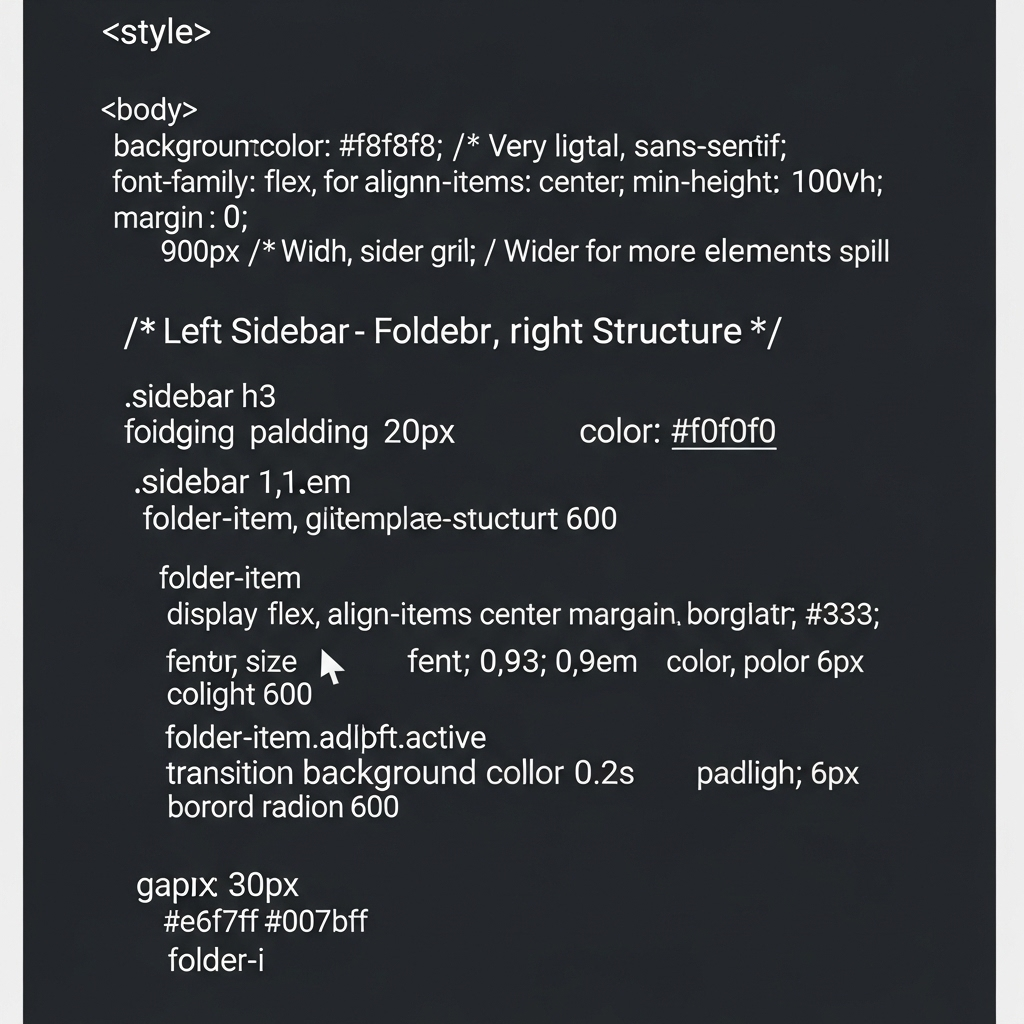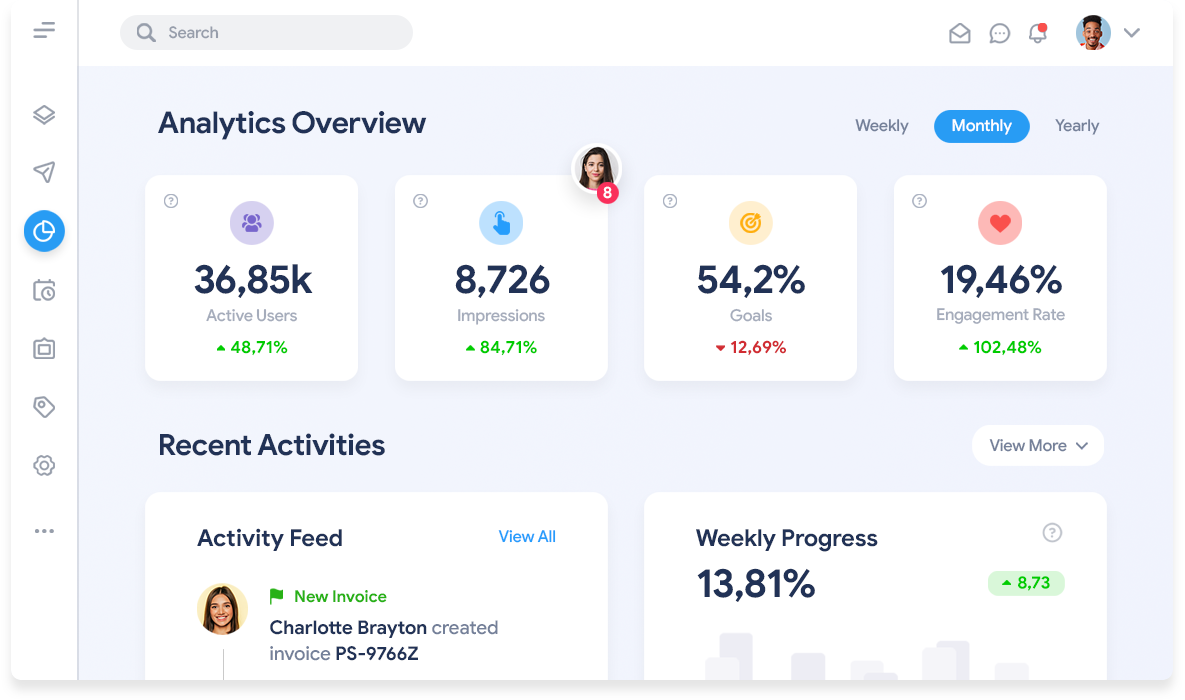
Mergers & Acquisitions: Intelligent Due Diligence
Transform M&A due diligence with AI-powered contract analysis that accelerates deal timelines, identifies critical risks, and extracts valuable insights from massive contract portfolios with unprecedented speed and accuracy.
The M&A Due Diligence Challenge

Mergers and acquisitions represent some of the most complex and time-sensitive transactions in the business world, where thorough due diligence can mean the difference between successful value creation and costly mistakes. Contract analysis forms a critical component of this due diligence process, as existing agreements define obligations, rights, and risks that directly impact transaction value and post-closing operations. Yet traditional approaches to contract review in M&A contexts often create significant bottlenecks that can jeopardize deal timing and quality of analysis.
The scale of contract review required in typical M&A transactions is staggering. Target companies may have hundreds or thousands of agreements spanning customer contracts, vendor relationships, employment agreements, real estate leases, licensing arrangements, and regulatory commitments. Each contract category requires specialized analysis to identify material terms, potential liabilities, and integration challenges that could affect transaction success.
Time constraints in M&A transactions create additional pressure on due diligence teams. Competitive auction processes often provide limited windows for analysis, while the pressure to maintain confidentiality restricts the number of people who can participate in the review process. These constraints can result in incomplete analysis, missed risks, or delayed decisions that compromise negotiating position or deal completion prospects.
AI-powered contract analysis revolutionizes M&A due diligence by enabling comprehensive review of massive contract portfolios in fractions of the time required for traditional approaches. This technological capability transforms due diligence from a potential bottleneck into a competitive advantage that enables better decisions, faster execution, and more successful transaction outcomes.
Accelerated Due Diligence Processes

The speed advantage provided by AI-powered contract analysis fundamentally changes the economics and effectiveness of M&A due diligence. What traditionally required weeks or months of attorney time can now be accomplished in days, enabling more thorough analysis within compressed transaction timelines while reducing the overall cost of due diligence processes.
Massive Scale Processing
AI systems can simultaneously analyze thousands of contracts across multiple categories, providing comprehensive coverage that would be impossible with traditional manual review approaches within typical transaction timeframes. This parallel processing capability ensures that no significant agreements are overlooked due to time constraints or resource limitations.
The technology can process contracts in multiple formats and languages, automatically extracting key terms and identifying potential issues regardless of document structure or complexity. This capability is particularly valuable for international transactions where contract portfolios may include agreements in multiple jurisdictions with varying legal frameworks and languages.
Real-Time Risk Identification
Rather than waiting for complete due diligence reports, deal teams receive real-time alerts about critical risks or issues as they are identified during the analysis process. This immediate feedback enables proactive issue management and allows deal structure adjustments to address problems before they become transaction obstacles.
Real-time analysis also enables dynamic due diligence strategies where initial findings can inform the focus and depth of subsequent analysis. High-risk areas can receive additional attention while routine agreements can be processed more efficiently, optimizing the allocation of human expertise and attention.
Comprehensive Documentation
AI analysis generates detailed documentation of findings, methodologies, and conclusions that supports transaction decision-making and provides valuable records for post-closing integration planning. This comprehensive documentation is particularly valuable for complex transactions where understanding contract terms and obligations is critical for successful operational integration.
Enhanced Risk Discovery and Analysis

The sophistication of AI-powered risk analysis far exceeds what is possible through traditional manual review methods, particularly when dealing with large contract portfolios under time pressure. AI systems can identify subtle risk patterns, cross-contract dependencies, and potential issues that might be overlooked in conventional due diligence processes, providing more comprehensive risk intelligence for transaction decision-making.
Cross-Portfolio Risk Analysis
AI technology can analyze relationships and dependencies across entire contract portfolios, identifying concentration risks, conflicting obligations, and potential cascade effects that could impact business operations or transaction value. This comprehensive view is difficult to achieve through traditional contract-by-contract review approaches.
For example, the system can identify situations where key customer contracts contain similar termination triggers, creating concentration risk if specific events occur. It can also detect conflicts between different agreements that could create operational challenges or legal complications post-closing. This portfolio-level analysis provides valuable insights for deal structuring and risk mitigation planning.
Hidden Liability Detection
Sophisticated AI analysis can identify potential liabilities that may not be immediately apparent from surface-level contract review. This includes contingent obligations, change-of-control triggers, acceleration clauses, and other provisions that could create unexpected costs or complications following transaction completion.
The technology is particularly effective at identifying complex indemnification structures, warranty obligations, and performance guarantees that could result in post-closing liabilities. This enhanced detection capability helps ensure that transaction pricing and structure appropriately reflect all material risks and obligations.
Regulatory and Compliance Issues
AI systems can identify contracts that may require regulatory approval for assignment, contain compliance obligations that could be affected by ownership changes, or include terms that may conflict with acquirer policies or requirements. This regulatory analysis is particularly valuable for transactions involving regulated industries or cross-border acquisitions where compliance requirements may be complex and varied.
Transaction Value Optimization

Beyond risk identification, AI-powered contract analysis provides valuable insights that can be used to optimize transaction value, improve negotiating positions, and identify opportunities for post-closing value creation. This intelligence enables more sophisticated deal structuring and more effective integration planning that maximizes transaction returns.
Revenue and Cost Analysis
AI systems can extract and analyze revenue-related terms across customer contracts, providing detailed insights into revenue quality, concentration risks, renewal probabilities, and growth potential. This analysis helps validate financial projections and identify opportunities for revenue enhancement or risk mitigation.
Similarly, vendor and supplier contracts can be analyzed for cost optimization opportunities, termination provisions, and renegotiation potential. This analysis can identify immediate cost reduction opportunities and longer-term strategic sourcing initiatives that can enhance transaction returns.
Integration Planning Intelligence
Contract analysis provides valuable intelligence for post-closing integration planning by identifying operational dependencies, system requirements, personnel obligations, and other factors that could impact integration timelines and costs. This intelligence enables more accurate integration planning and budget development.
The analysis can also identify contracts that may need to be renegotiated or restructured post-closing, enabling proactive planning for these activities and more accurate assessment of integration complexity and resource requirements.
Negotiation Strategy Development
Comprehensive contract analysis provides valuable intelligence for transaction negotiation strategy, including identification of areas where price adjustments may be appropriate, risk allocation mechanisms that should be implemented, and representation and warranty coverage that may be required. This intelligence enables more effective negotiation and better protection of transaction value.
Strategic and Competitive Advantages

Organizations that effectively leverage AI-powered contract analysis in M&A transactions gain significant competitive advantages that can improve deal outcomes, reduce transaction costs, and enhance post-closing integration success. These advantages compound over time as organizations build capabilities and develop more sophisticated approaches to deal evaluation and execution.
Faster Decision Making
The speed and comprehensiveness of AI analysis enables faster, more confident transaction decisions. Rather than waiting for lengthy due diligence processes to identify critical issues, deal teams can make informed decisions quickly and adjust strategies dynamically as new information becomes available.
This capability is particularly valuable in competitive auction processes where speed of decision-making can determine success or failure. Organizations that can analyze opportunities quickly and thoroughly are better positioned to submit competitive bids and negotiate effectively under time pressure.
Enhanced Due Diligence Quality
AI-powered analysis enables more thorough and consistent due diligence than traditional approaches, reducing the risk of post-closing surprises and improving the accuracy of transaction valuations. This enhanced quality provides greater confidence in transaction decisions and better protection against downside risks.
The consistency of AI analysis also enables better comparison across multiple transaction opportunities, supporting more effective capital allocation decisions and strategic planning initiatives.
Cost-Effective Execution
By reducing the time and resources required for contract review, AI technology significantly reduces the overall cost of M&A due diligence while improving quality and coverage. This cost effectiveness enables organizations to evaluate more opportunities or conduct more thorough analysis within existing budget constraints.
The technology also enables smaller organizations to compete more effectively in M&A markets by providing access to sophisticated analysis capabilities that were previously available only to large corporations with extensive resources. This democratization of advanced due diligence capabilities levels the playing field and creates opportunities for more strategic and value-driven transactions across all market segments.
